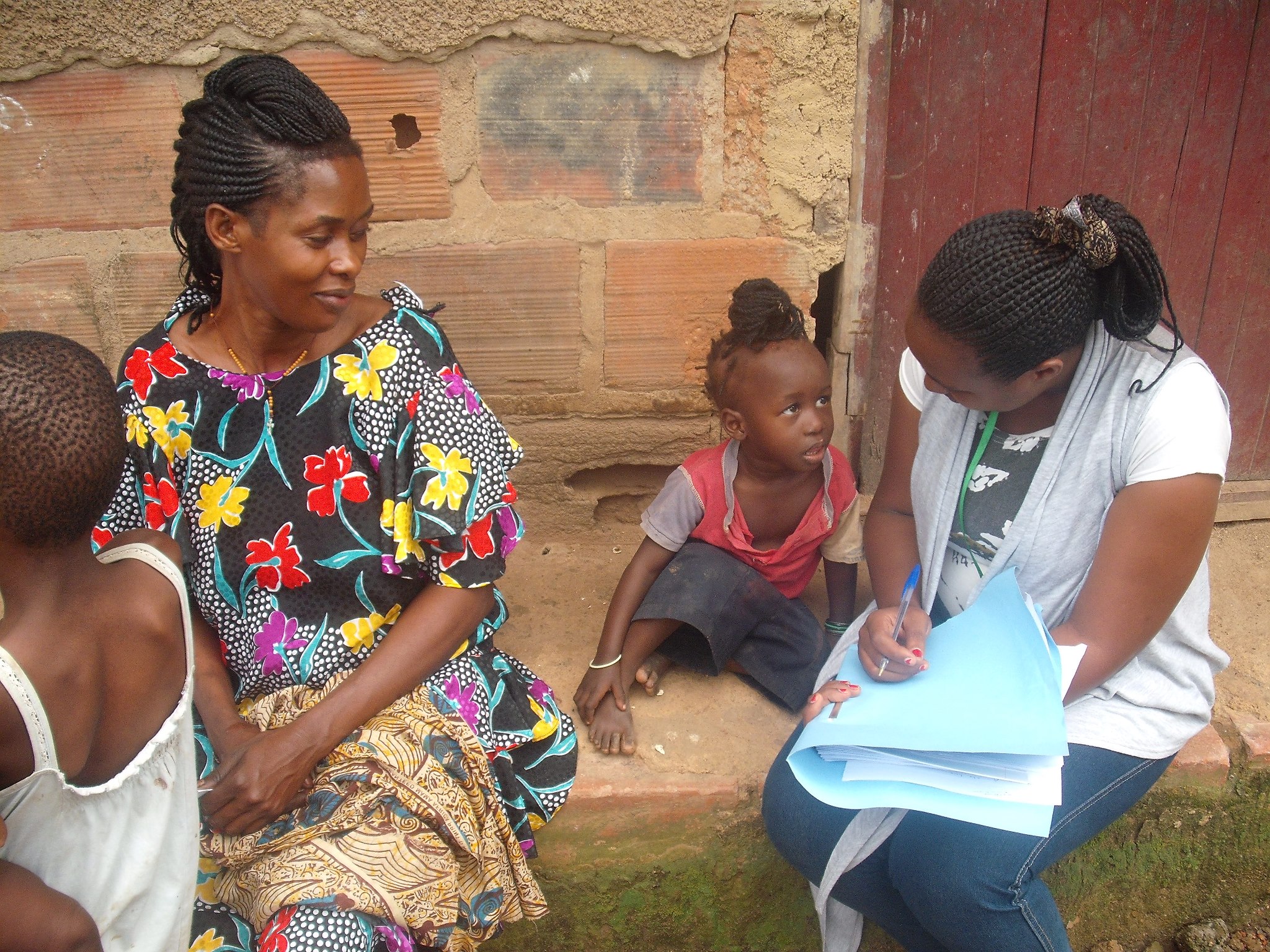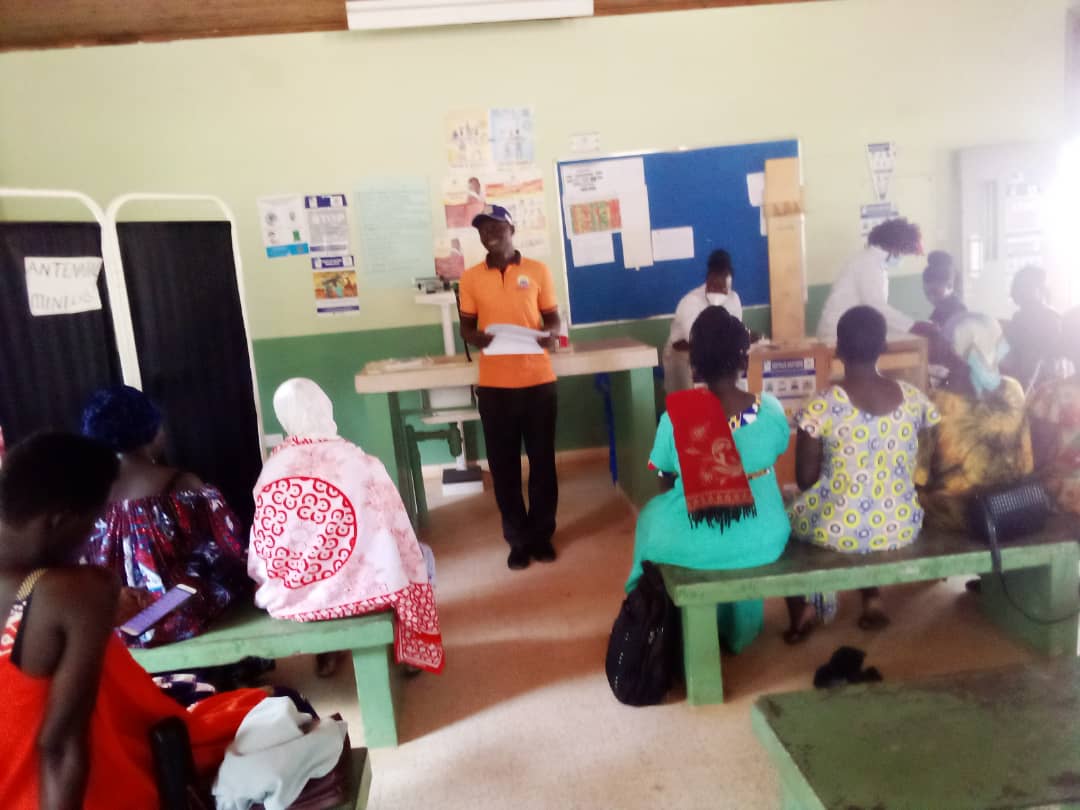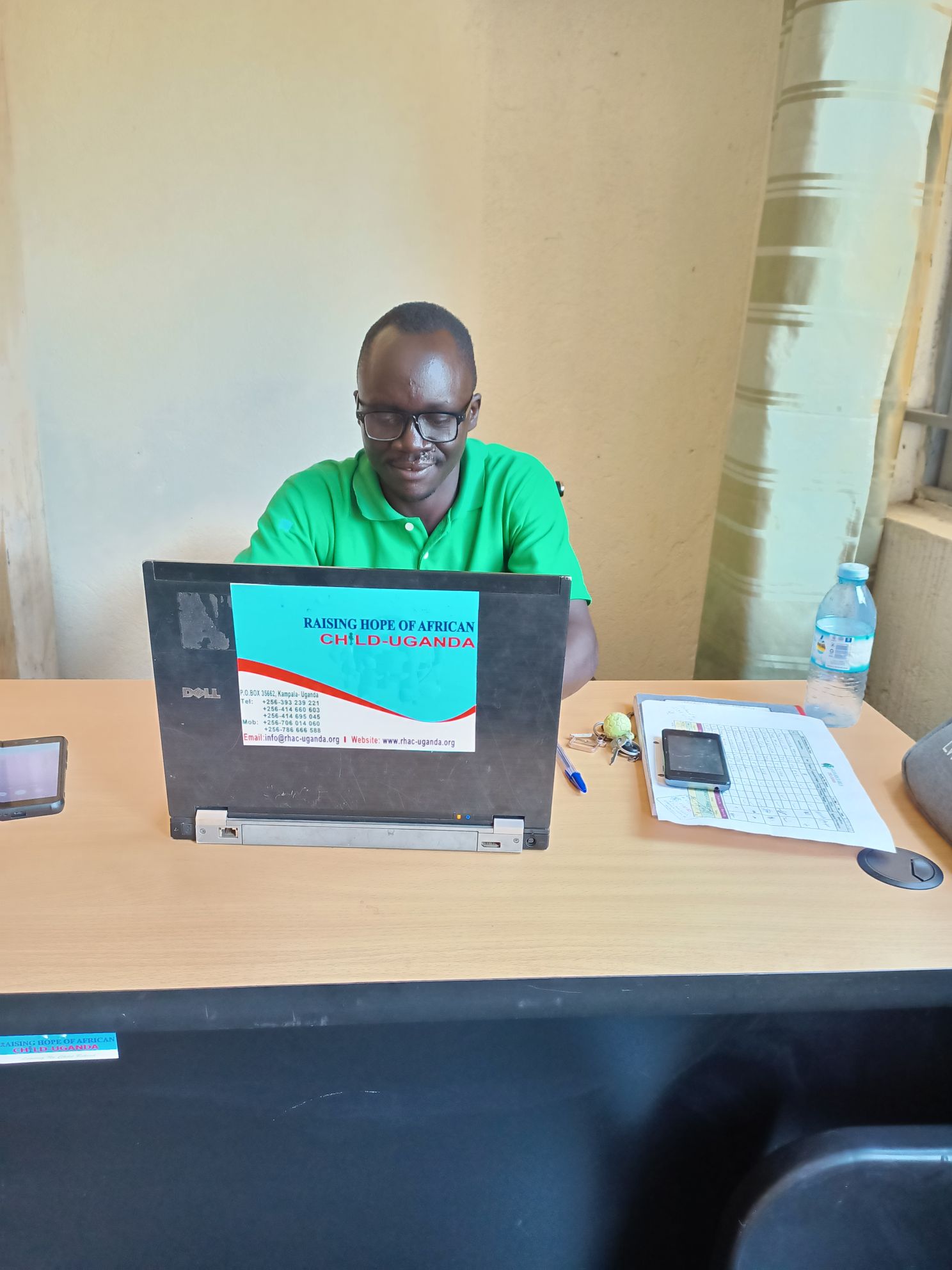 Our Counseling & Guidance Program aims to provide emotional, psychological, and practical support to individuals to help them navigate life’s challenges and achieve personal growth. This program is implemented in various settings, including schools, community centers, workplaces, and healthcare facilities. Here are key activities and components of Our Counseling & Guidance Program:
Our Counseling & Guidance Program aims to provide emotional, psychological, and practical support to individuals to help them navigate life’s challenges and achieve personal growth. This program is implemented in various settings, including schools, community centers, workplaces, and healthcare facilities. Here are key activities and components of Our Counseling & Guidance Program:
- Individual Counseling
- Personal Counseling: Offer one-on-one counseling sessions to help individuals deal with personal issues such as stress, anxiety, depression, and relationship problems.
- Career Counseling: Provide guidance on career choices, educational paths, job searching, and professional development.
- Crisis Counseling: Support individuals experiencing acute crises such as trauma, grief, or sudden life changes.
- Group Counseling and Workshops

- Support Groups: Facilitate support groups where individuals with similar issues (e.g., grief, addiction, divorce) can share experiences and support each other.
- Skill-Building Workshops: Conduct workshops on skills such as stress management, communication, conflict resolution, and emotional regulation.
- Thematic Groups: Organize groups focused on specific themes such as parenting, self-esteem, or dealing with chronic illness.
- Educational and Preventive Programs
- Awareness Campaigns:
 Launch campaigns to educate the community about mental health, available support services, and the importance of seeking help.
Launch campaigns to educate the community about mental health, available support services, and the importance of seeking help. - School Programs: Implement guidance programs in schools to help students with academic, social, and emotional development.
- Workplace Wellness Programs: Develop programs in workplaces that promote mental well-being, stress reduction, and a supportive work environment.
- Specialized Counseling Services
- Substance Abuse Counseling: Provide specialized support for individuals dealing with substance abuse issues, including addiction recovery programs.
- Family and Marriage Counseling: Offer counseling to families and couples to improve communication, resolve conflicts, and strengthen relationships.
- Child and Adolescent Counseling: Address the unique needs of children and adolescents, including behavioral issues, school problems, and peer relationships.
- Accessibility and Outreach
- Hotlines and Online Counseling: Establish hotlines and online platforms for individuals to access counseling services remotely.
- Community Outreach: Conduct outreach activities to inform the community about the availability of counseling services and how to access them.
- Mobile Counseling Units: Use mobile units to provide counseling services in remote or underserved areas.
- Training and Capacity Building
- Professional Development: Offer training and professional development opportunities for counselors to ensure they are equipped with the latest knowledge and skills.
- Peer Counseling Programs: Train volunteers and community members to provide basic counseling and support to their peers.
- Supervision and Mentoring: Implement supervision and mentoring programs for counselors to enhance their practice and provide professional support.
- Assessment and Referral
- Mental Health Assessments: Conduct assessments to identify individuals’ mental health needs and tailor services accordingly.
- Referral Services: Develop a network of referral services to connect individuals with additional resources such as medical care, legal aid, or specialized therapy.
- Evaluation and Feedback
- Program Evaluation: Regularly evaluate the effectiveness of counseling services through feedback, surveys, and outcome assessments.
- Client Feedback Mechanisms: Create channels for clients to provide feedback on the services they receive, ensuring continuous improvement.
- Data Analysis: Collect and analyze data to identify trends, gaps, and areas for enhancement in the counseling services provided.
- Collaboration and Partnerships
- Multi-Agency Collaboration: Work with healthcare providers, educational institutions, social services, and other organizations to create a holistic support system.
- Community Partnerships: Partner with local organizations and community leaders to expand the reach and impact of counseling services.
- National and International Networks: Engage with national and international counseling and mental health organizations to share best practices and resources.
- Cultural Sensitivity and Inclusivity
- Cultural Competence Training: Ensure counselors are trained in cultural competence to effectively support individuals from diverse backgrounds.
- Inclusive Practices: Develop inclusive practices that address the needs of marginalized and underrepresented groups.
- Language Support: Provide counseling services in multiple languages and ensure materials are accessible to non-native speakers.
By incorporating these activities, a Counseling & Guidance Program can effectively support individuals’ mental health and well-being, promote personal development, and create a more resilient and supportive community.

